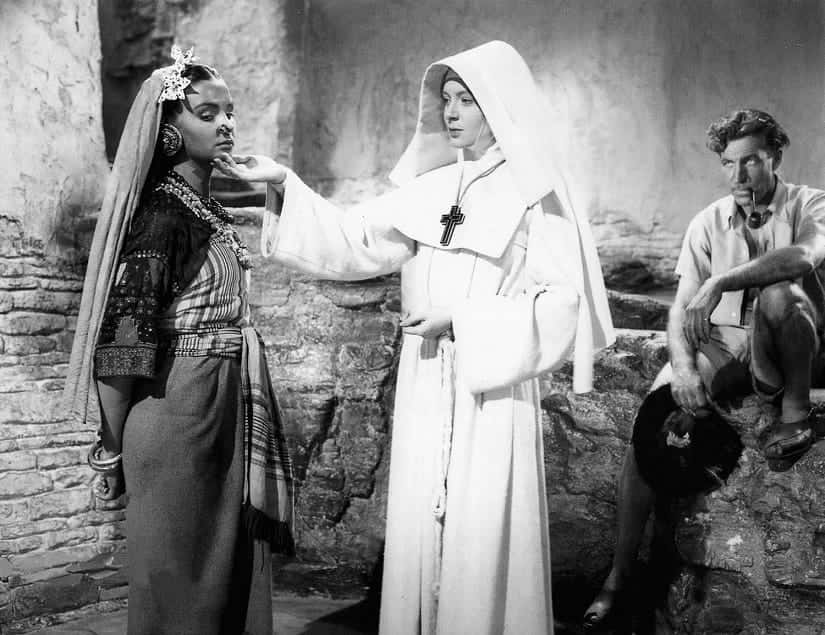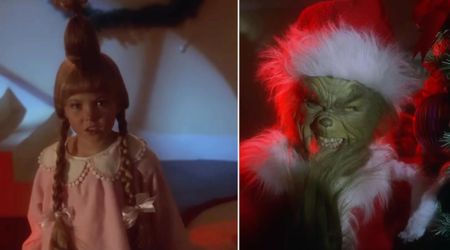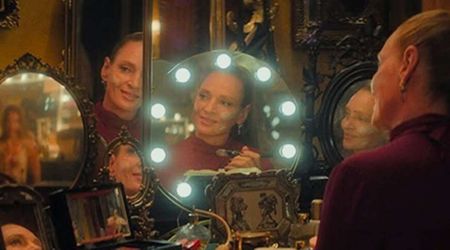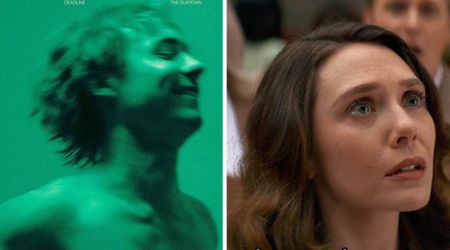'Black Narcissus' Preview: 1947 film was explicitly racist to Indians, will FX miniseries stray from that?

Margaret Rumer Godden’s best-selling 1939 novel ‘Black Narcissus’ now has an FX limited series coming up. But the story set in the Himalayas in 1934 has had a previous adaptation, that to this day is considered a classic. Directed by Michael Powell and Emeric Pressburger, and starring Deborah Kerr, Kathleen Byron, Sabu, David Farrar, Flora Robson, Esmond Knight, and Jean Simmons, 1947’s ‘Black Narcissus’ continues to be hailed as a milestone in British cinema, and has even been referred to as “one of the first truly erotic films”.
Rumer Godden hated the whole thing. According to an obituary, she complained that “everything about it was phony... the Himalayas were just muslin mounted on poles”. The film also managed to offend several members of the clergy. And that is obvious. After all, when the film follows an order of young nuns who see the awakening of forbidden desires in them, religious people are likely to get upset.
Compared to 1947, things have changed quite a lot. Offending the clergy is not something that filmmakers (at least the good ones) concern themselves with anymore. Art after all comes first. And it’s very difficult to disappoint Rumer Godden anymore -- she died in 1998. But there may be some concerns for the show.
In the book (and the film, and the FX miniseries), we are taken to the latter years of British rule in India. An ambitious young nun, Sister Clodagh, heads a mission to a remote part of the Himalayas. The palace of Mopu has been donated by General Toda Rai, who hopes the Sisters of St Faith will rid the seraglio (where his father's harem was also based) of unhappy memories connected to his late sister, Srimati.

Although Clodagh ignores the warnings of the General’s raffish agent Mr. Dean, isolation and illness soon take their toll, with the haunting atmosphere of the palace particularly affecting volatile Sister Ruth. As past and present collide, the arrival of the young General Dilip Rai is the catalyst for an explosion of repressed desires that may end in a fatal confrontation.
While the 1947 film has been highly praised over the years, there is an enduring legacy of the film that is oft left unsaid. Writer Kuzhali Manickavel, in an essay, has criticized the film on something that should have been apparent to any conscientious viewer -- orientalism.
Kuzhali writes about how the film contains “a palace which apparently housed courtesans long ago (complete with naked lady graffiti, to really drive that point home), ‘natives’ who do little except smile, tiny white ponies, a sexy Indian maid who doesn’t speak at all (she does scream a couple of times though. And she dances of course)... an Englishman called Dean who wears small shorts and has a monkey, a Holy Man with four vertical marks on his forehead and unrequited love.”
Kuzhali further says, “This story is really only about the white people and how they feel and all about their feelings. Everything is hard and different… While all these things are happening, the natives just smile. That’s it.”
The film treats Indian characters in a highly condescending and even racist way. This is not unexpected given that the film arrived mere months before the British had to relinquish their claim on the country they colonized a couple of hundred years ago. For a British cinema based in an Indian setting at that point in time and made at that point in time, racism and orientalism are ubiquitous concepts.
But it is 2020 now and audiences have far less patience for that kind of schlock now. So, there is the question of whether the FX series, created in conjunction with the BBC, will still fall for the same kind of racist tropes and tactics. Sure, we are very unlikely to see brownface (just Google Jean Simmons' photos from the film). But there is always a chance that the stereotypical Indian accent -- often called Patanking -- will feature. For its sake, the show’s trailer doesn’t see any of that. But a trailer can only fit so much. From what the trailer suggests, the series will be heavier on horror as compared to the 1947 film (which was a good example of a psychological thriller for its time).
Hopefully, the FX series won’t have a terrible representation of South Asians (Indians in particular). But seeing as how bad representation of Indians don’t raise remotely as much hue and cry as the bad representation of other cultures, hopes should remain at a bare minimum.
‘Black Narcissus’ will premiere all three episodes on FX Monday, November 23, beginning at 8 PM ET/PT, with the full series also available the following day on FX on Hulu.










